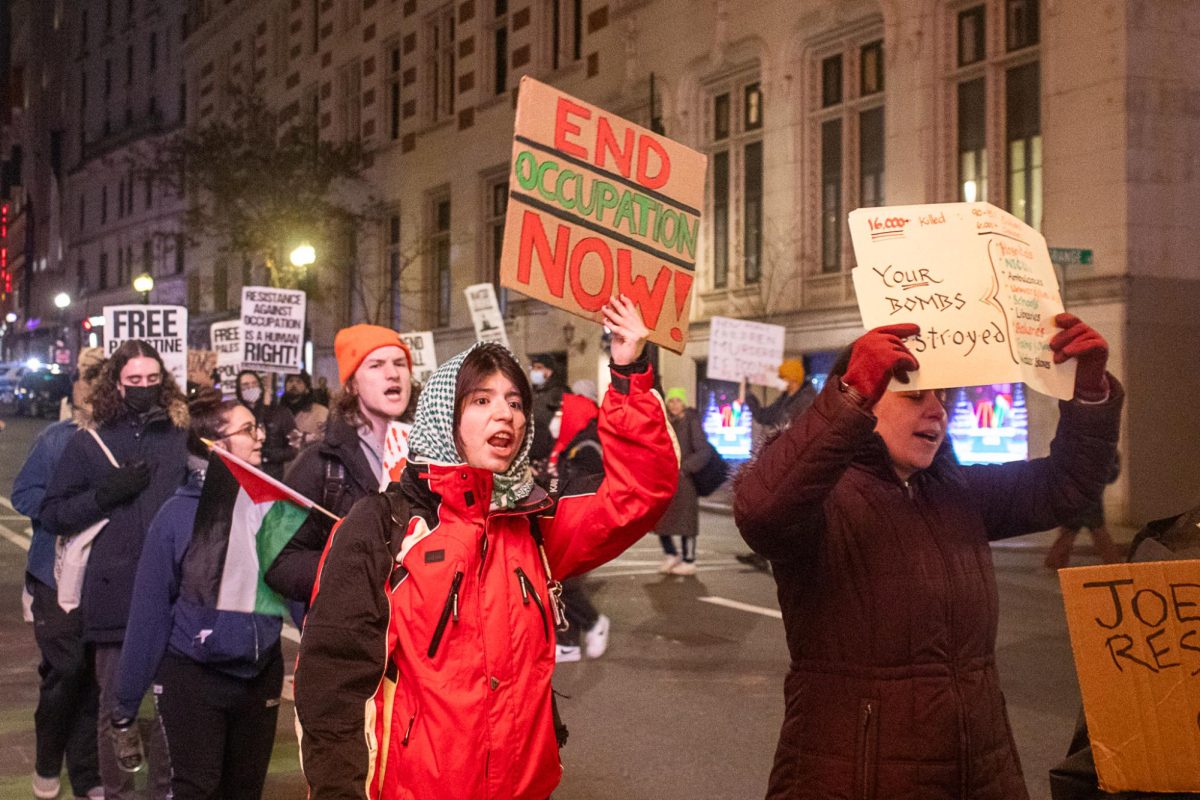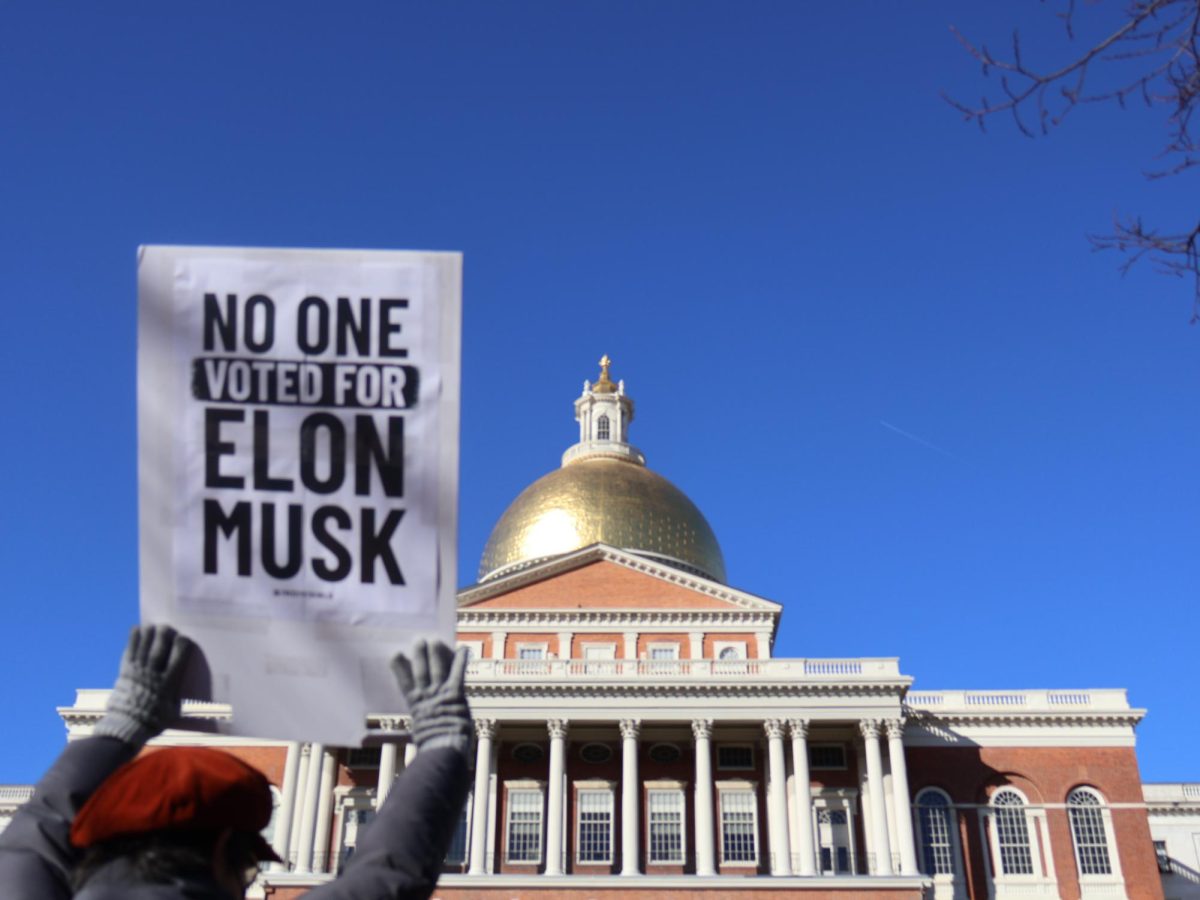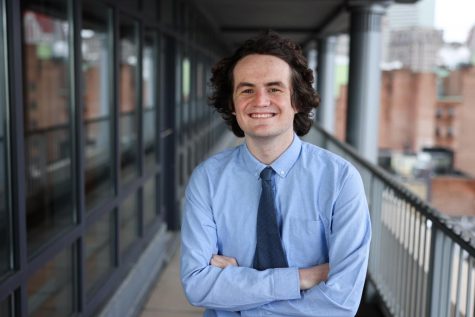Henry Kissinger dies at 100
Former Secretary of State and National Security Advisor Henry Kissinger died at his home in Connecticut, his consulting firm announced Nov. 29. Kissinger was 100.
Kissinger, best known for his brutal interventionism and hard anti-communism stances, advised 12 presidents and served as secretary of state under both former President Richard Nixon and former President Gerald Ford.
“I’ll never forget the first time I met Dr. Kissinger,” President Joe Biden said Thursday. “I was a young Senator, and he was Secretary of State — giving a briefing on the state of the world. Throughout our careers, we often disagreed. And often strongly. But from that first briefing — his fierce intellect and profound strategic focus was evident. Long after retiring from government, he continued to offer his views and ideas to the most important policy discussion across multiple generations.”
Kissinger practiced the concept of realpolitik; he created policies based on what he viewed as a practical view of the world as opposed to moral imperatives.
He won a Nobel Peace Prize in 1973 for negotiating a temporary ceasefire in the Vietnam War, however, the war would not end for another two years.
While presidents and State Department officials sought after Kissinger’s advice on numerous international conflicts, including the recent war between Israel and Hamas, his legacy and impact on communities affected by his decisions paint a much different picture.
To some, his death served as a painful reminder of the violence that U.S. forces perpetrated abroad in the name of democracy.
“I don’t know of any U.S. citizen who is more deplored, more disliked in Latin America than Henry Kissinger,” Stephen Rabe, a retired University of Texas at Dallas history professor, said to the Associated Press. “You know, the reality is, if he had traveled once democracy returned to Argentina, to Brazil, to Uruguay — if he had traveled to any of those countries he would have been immediately arrested.”
Temporary ceasefire in Gaza ends, sparks protests in Boston
The ceasefire in the Gaza Strip ended Dec. 1 as Israel and Hamas have blamed each other for the end of the weeklong truce.
According to CNN, Israeli Defense Minister Yoav Gallant said Hamas broke the truce agreement by not returning the remaining 15 women and two children they promised to. Hamas claimed Nov. 28 that three Israeli hostages — a 10-month-old, a four-year-old and their mother — were killed in an Israeli airstrike.
From Dec. 3 to Dec. 5, the United Nations reported the “heaviest shelling in Gaza so far” with more than 349 Palestinians and three Israeli soldiers killed and 750 Palestinians injured.
In the first 24 hours of resumed combat, the Israeli military said it attacked upwards of 400 targets in Gaza, according to NPR.
Israeli troops have moved combat into southern Gaza, including bombings inside Nasser Hospital in the city of Khan Younis where many Palestinians have been sheltering. The attacks in the south of Gaza came after Israeli forces issued an evacuation order for the area for civilians at the beginning of the war.
In a statement reported by The New York Times, Israel’s Prime Minister Benjamin Netanyahu said the country was “committed to achieving the war aims — freeing our hostages, eliminating Hamas and ensuring that Gaza will never again pose a threat to the residents of Israel.”
Protesters picketed outside the Cutler Majestic Theatre Dec. 5 to call for a permanent ceasefire in the region. They carried signs calling for an end to U.S. financial aid to Israel and an end to occupation in Gaza.
President Joe Biden was in Boston for three campaign events, including a benefit concert Downtown hosted by musician James Taylor, according to The Boston Globe. The protesters chanted “Biden, Biden you can’t hide, we charge you with genocide” and held signs that labeled the president “genocide Joe.”
House expels Rep. George Santos
In a bipartisan vote, members of the House of Representatives expelled Rep. George Santos of New York Dec. 1 after a House ethics report released Nov. 16 found the congressman had violated multiple campaign finance laws, according to the Associated Press.
Santos is the sixth representative to be expelled from the House and the first to be expelled without being convicted of a federal crime or supporting the Confederacy, according to The New York Times. Members overwhelmingly voted to expel Santos in a 311-114 vote, including 105 of his fellow Republicans.
At a press conference outside the Capitol Nov. 30, Santos condemned the expulsion effort. He said Congress was not getting “real work” done and wasting the American people’s time.
“The reality of it is it’s all theater,” Santos said. “It’s theater for the camera, it’s theater for the microphone, it’s theater for the American people, at the expense of the American people.”
The House Ethics Committee reported they had “substantial evidence” Santos used campaign funds for personal expenses, filed false or incomplete reports to the Federal Election Commission and failed to disclose financial statements to the House, AP reported.
Elected to serve New York’s third congressional district in 2022 and flipping a formerly Democratic district, Santos made headlines for numerous scandals over his brief political career, including fabrications about his mother dying in the Sept. 11 attacks, his higher education, career and running an animal charity, among many others.
Santos said he would not seek reelection after the ethics report was released, The Times reported. He faces a 23-count federal indictment that alleges he committed aggressive identity theft and wire fraud in addition to campaign finance violations.



















